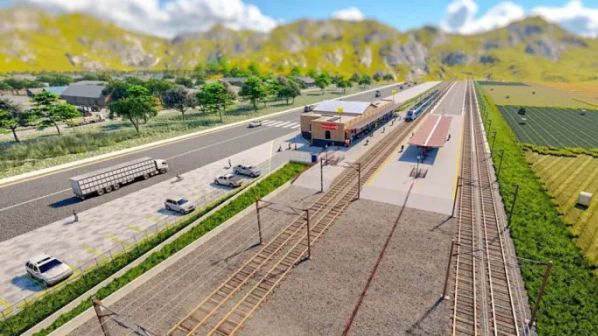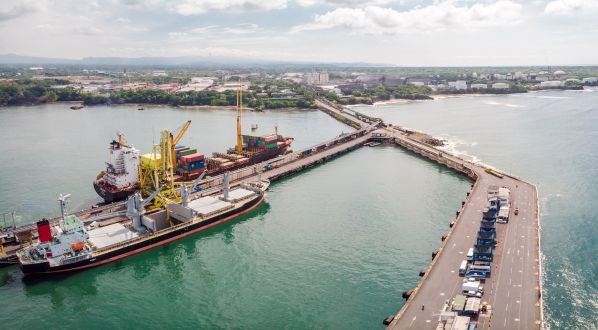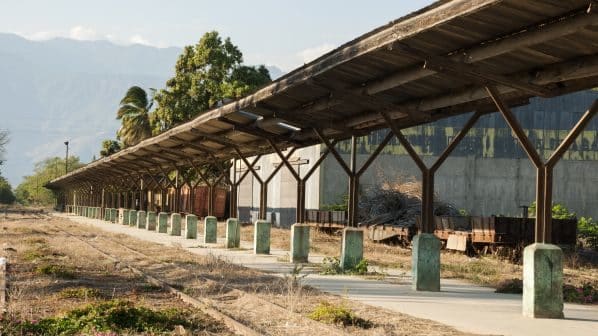THE government of El Salvador has announced an approximate $US 700m investment in the Pacific Train project, which will connect the Salvadorean coast with Guatemala, Mexico, United States and Canada, and restore rail operation to the country for the first time in two decades.
The project is part of the country’s new Regional Mobility and Logistics Master Plan. It will involve the construction of new standard-gauge infrastructure rather than revitalising the abandoned 555km, 914mm-gauge network, but using the existing railway right of way where possible, following the lead of neighbouring Guatemala.
“We are working on the completion of the designs,” says El Salvador’s minister of public work, Mr Romeo Rodriguez. “There is already the first section from Sonsonate to Acajutla. We are with the [second] section from Acajutla to the Sitio del Niño canton, in Opico. Work is also being done [in the third section] to get to San Salvador.”
These sections will extend across a total of 103km, whereas further details for the rest of the total of 535km of planned new railway have not been disclosed.
The masterplan commits El Salvador to investing $US 1.83bn to railway infrastructure over the next decade, including a monorail in the Greater San Salvador area. Overall, the country expects to invest $US 10.7bn in new and upgraded infrastructure, including $US 5.8bn on its road network, $US 632m on ports and $US 2.3bn on airports.
The masterplan was compiled with support from the Japanese International Cooperation Agency (Jica) while in July, El Salvador’s minister of economy, Ms María Luisa Hayem, revealed that negotiations were in the advanced stages with the European Union over $US 150m of support for the Pacific Train project and $US 150m for the monorail.
The government also expects to receive financial assistance for its planned infrastructure investments from the World Bank, Inter-American Development Bank (IDB) and Central American Bank for Economic Integration (Cabei).
Indeed, Cabei provided funding for a study conducted by a Korean consortium led by Soosung Engineering under a contract awarded in September 2021 to evaluate the country’s existing railway network and study the Pacific Train project.
El Salvador’s 120-year-old railway closed in 2002 due to financial problems at the national railway company Fenadesal as well as damage to the railways during the civil war that had ended 10 years previously.
An attempt to revive parts of the railway services between 2007 and 2012 failed largely due to the state of disrepair of rolling stock. There were also reports of major damages, rail looting, and squatting along the country’s 555km narrow gauge network.
For detailed data on Central American railway projects, subscribe to IRJ Pro.




